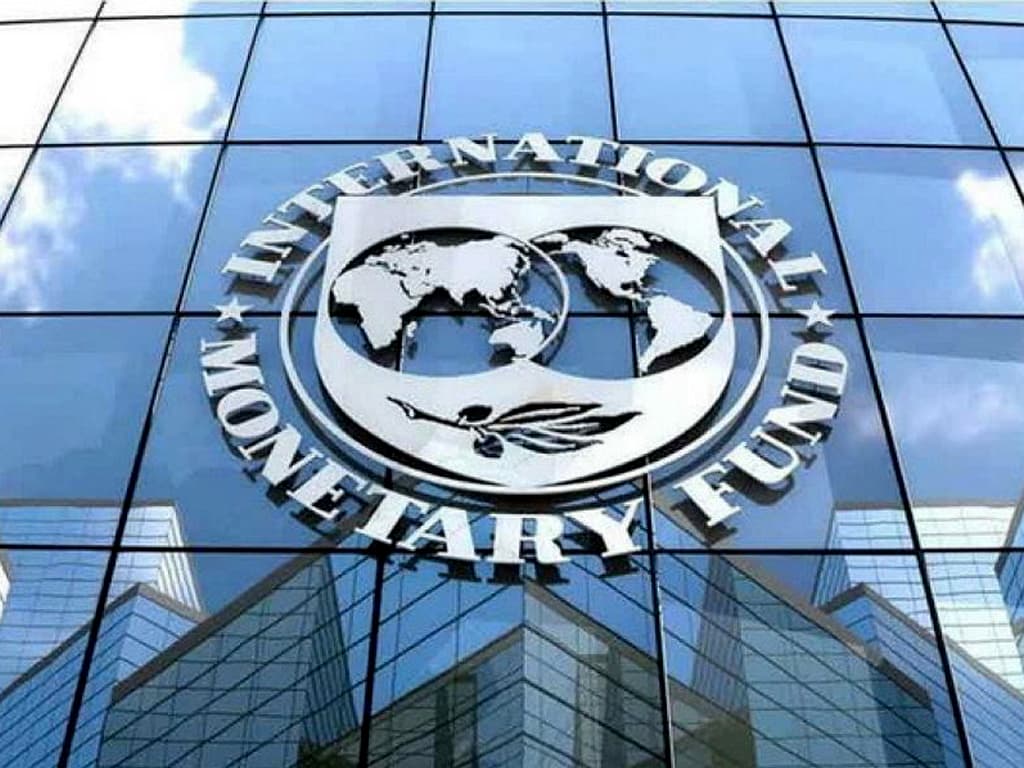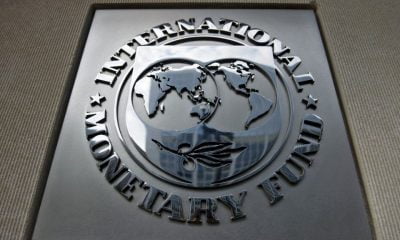Business
Nigeria’s Oil Revenue To Dwindle – IMF Warns

Nigeria and other oil-producing countries in Sub-Saharan Africa are to expect dwindling oil revenues in the coming years as the world transitions from fossil fuels to cleaner energy, the International Monetary Fund says in a new report.
In a new report titled “Savings from Oil Revenues Could Help Africa’s Producers Manage Price Swings,” the fund urge oil exporters in sub-Saharan Africa should target buffers of around 5 to 10 per cent of gross domestic product to manage large swings in oil prices.
According to the report, most oil exporters in the region have not accumulated enough savings to insure against unpredictable oil price changes.
It added that sovereign wealth funds in sub-Saharan Africa hold assets of just 1.8 per cent of gross domestic product, compared to 72 per cent in the Middle East and North Africa, forcing countries to borrow or draw down financial assets whenever oil prices fall.
The report read in part, “As a result, in the decade through 2020, the region’s oil producers have grown over two percentage points slower per year than non-resource intensive countries. Debt service costs have also been almost twice as high as in other sub-Saharan African countries
“Moreover, as countries transition to low-carbon energy sources, oil revenues could sharply decline. By 2030, oil revenues in the region could fall by as much as a quarter and by 2050, by half. Building buffers now would help the region’s oil exporters navigate the transition toward clean energy while managing oil price fluctuations.”












